
Dysthymic Disorder OverviewDysthymia or dysthymic disorder is a chronic condition marked by symptoms of depression. It is also called chronic depression. This mood disorder is diagnosed when the symptoms are present for at least 2 years or 1 year for children and adolescents.
Depressive symptoms of dysthymic disorder occur most of the day and are accompanied with at least 2 signs and symptoms such as changes in appetite (poor appetite or overeating), difficulty sleeping (sleeping too little or too much), loss of energy or fatigue, loss of interest in favorite activities and difficulty concentrating or making decisions. Feelings of guilt, emptiness, sadness, helplessness and hopelessness as well as low self esteem are also present.
Unlike symptoms of clinical depression, symptoms of dysthymia are not as intense. Also, major depressive disorder is diagnosed when at least 5 symptoms are present every day for more than two weeks. Dysthymic disorder is less disabling in comparison to major depression and patients suffering from dysthymia are able to function adequately.
Scientists do not know what exactly causes dysthymia, but it is believed that changes in brain chemistry are responsible for all forms of depression. Chronic illnesses, major life stressors and medications are considered to be the triggers for dysthymia. People with family history of the disorder have an increased risk of developing dysthymia. Also, women are more susceptible to dysthymic disorder than men.
Treatment for Dysthymia
Treatment options for dysthymic disorder include psychotherapy (talk therapy), medications and combination of these treatments. Different types of therapies can be effective in treatment of dysthymia and depression. This includes psychodynamic therapy, cognitive behavioral therapy and interpersonal therapy. Psychotherapy helps people with dysthymia to understand their condition, mood, behavior, feelings and thoughts. It helps them to learn coping skills and stress management, how to make decisions and improve their self-esteem.
Medications used in treatment of dysthimic disorder include different classes of antidepressants. Commonly used medications include:Selective serotonin reuptake inhibitors (SSRIs) such as Prozac, Zoloft or CelexaSerotonin norepinephrine reuptake inhibitors (SNRIs) such as Cymbalta and EffexorNorepinephrine and dopamine reuptake inhibitors (NDRIs)Tricyclic antidepressants like Elavil, Anafranil and NorpraminMonoamine oxidase inhibitors (MAOIs) such as Marplan, Nardil and ParnateTetracyclic antidepressantsCombined reuptake inhibitors and receptor blockersHowever, antidepressant can have potential side effects like decreased sex drive, weight gain, insomnia and suicidal thoughts or behavior. Therefore, patients must be monitored while treatment with antidepressants lasts.
Combination of talk therapy and medications appears to be slightly more effective in treatment of dysthymic disorder than using only one of the treatment approaches for dysthymia.


-Signs,-Symptoms,-Treatment-And-Prevention_f_280x120.jpg)


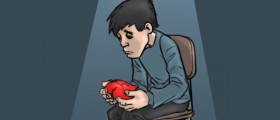

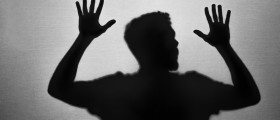
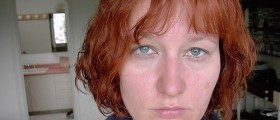


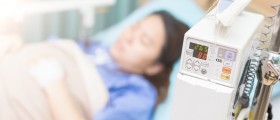

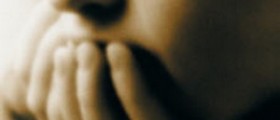

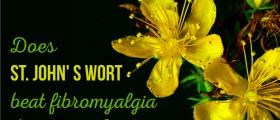

Your thoughts on this
Loading...